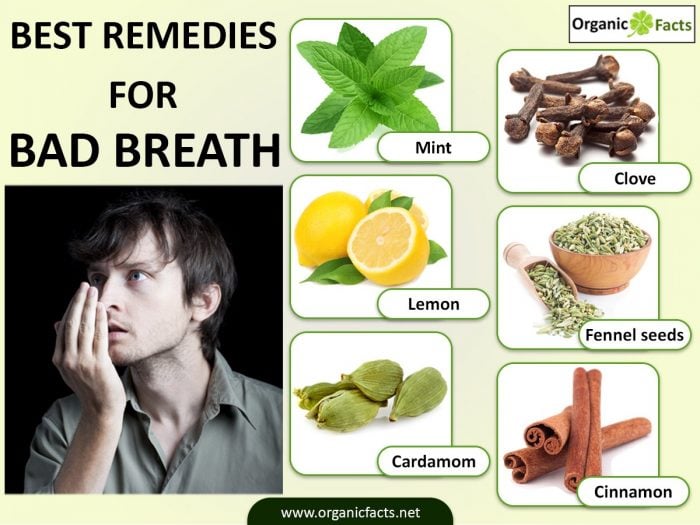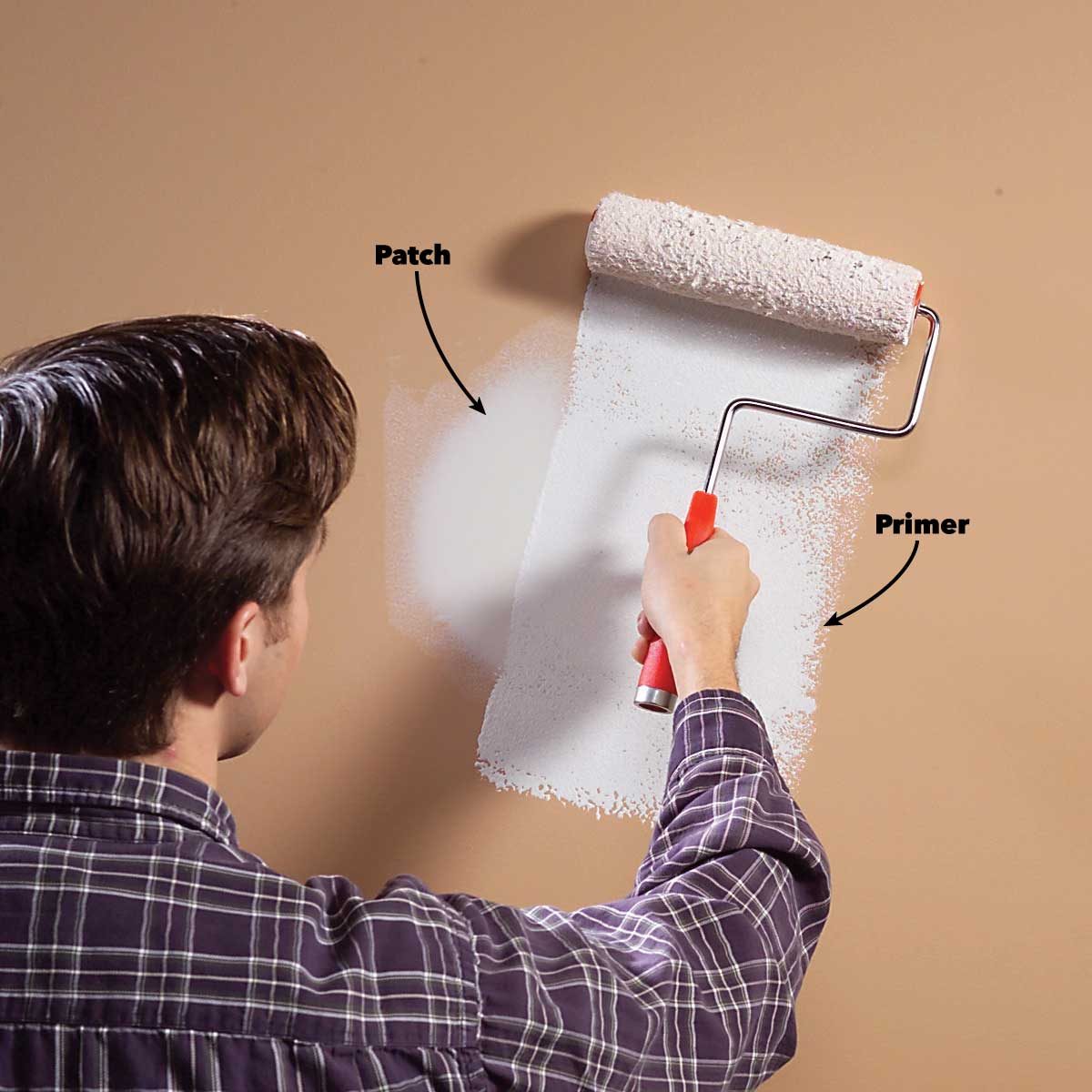
Bad Breath is also known as oral malodor or halitosis is a very common condition for many people and is treatable. It can be triggered by something that you eat or, more importantly, it can signify a deeper oral health condition or a serious medical problem. We will explain what are the possible causes of common bad breath and chronic bad breath or halitosis.
Poor Oral hygiene

Poor oral hygiene is responsible for the bulk of bad breath. If you don’t properly brush your teeth and your whole mouth, food contaminants can linger in your mouth and your teeth can develop a sticky accumulation of bacteria (also known as plaque). As well as your tonsils, the rough surface of your tongue will collect food particles and bacteria in the mouth that create a poor breath odour. Weak oral hygiene also activates other oral health conditions that are also associated with poor breath, such as cavities and gum disease. The strongest defence against bad breath is maintaining a regular and detailed oral care regimen.
Consumption of Flavorful Food & Coffee
Food particles that cause bad breath enter the bloodstream after consuming such ingredients, such as onions, garlic, certain vegetables and herbs, and are transported to the lungs, where you exhale each time, it will affect the odour of your breath. You may have found that if you’re a huge fan of a good cup of coffee in the morning to start your day, it will leave you looking like you have a bad breath. Due to its strong taste as well as the effect it has on saliva production, coffee can be a source of bad breath. Caffeine contributes to a decrease in saliva production after consuming coffee. Less saliva means a rise in bacteria that are causing the odour.
Intake of Alcohol
Another culprit for bad breath is alcohol intake, because the more often you drink, the more likely you are to feel it. Drinking alcohol, particularly in abundance, allows saliva production to decrease, which is the best habitat for the thriving of odour-causing bacteria.
High Sugar Diet
Diets that are high in sugar and protein can also result in the poor breath, in addition to adventurous or spicy foods. A high-sugar diet can lead to poor breath which may be the culprit of halitosis because of how sugars bind in the mouth with the current bacteria. Sugars that turn delicious treats into sour smells feed on the bacteria that naturally live in your mouth.
High-Protein or Low-Carb Diets
In our bodies, carbohydrates perform important roles, and if the food is poor enough in carbs, it will lead to bad breath. Owing to an extreme diet, if the body can not have enough carbs, this will create improvements to the digestion of the body that can lead to poor breath.
High-protein diets are often difficult for the body to absorb and when they don’t metabolise, they appear to release sulphurous gases. Stop this by eating more fruits and spices, and a more healthy and nutritious diet.
How to Get Rid of Bad Breath
There are remedies of bad breath and you can get rid of bad breath by maintaining a good daily oral healthcare routine. Here are some of the ways to treat bad breath.
Consult your Dentist
As I have mentioned the various reasons of causing bad breath. Before treating this concern, you must first visit your dentist. Yes your dentist will check and tell you the actual cause of bad breath or else it will be difficult to find out on your own.
Make use of Antiseptic Mouthwash
You must follow the daily routine of rinsing your mouth by an antiseptic mouth at least twice a day. This will prevent the most forms of bad breath. Also, make sure to clean your tongue as well while you are brushing your teeth.
Chew Mouth Fresheners
As mentioned below it is important to remove all the food particles after you have dinner or lunch. Using Mouth fresheners helps in preventing bad breath and after a heavy meal, they work as a quick fix for killing the bad odour. You may also use the soft mint candy which is made from mint and mint is an excellent herb to prevent many health problems.
Drink Plenty of Water
Drinking 7-8 glasses of water helps to function the overall body wellness. However, it also helps to improve your oral hygiene and avoiding bad breath. Your saliva production will decrease if you don’t hydrate sufficiently, leading to a dry environment conducive to the growth of bacteria. Drinking lots of water will make sure your mouth remains clean and moist.



